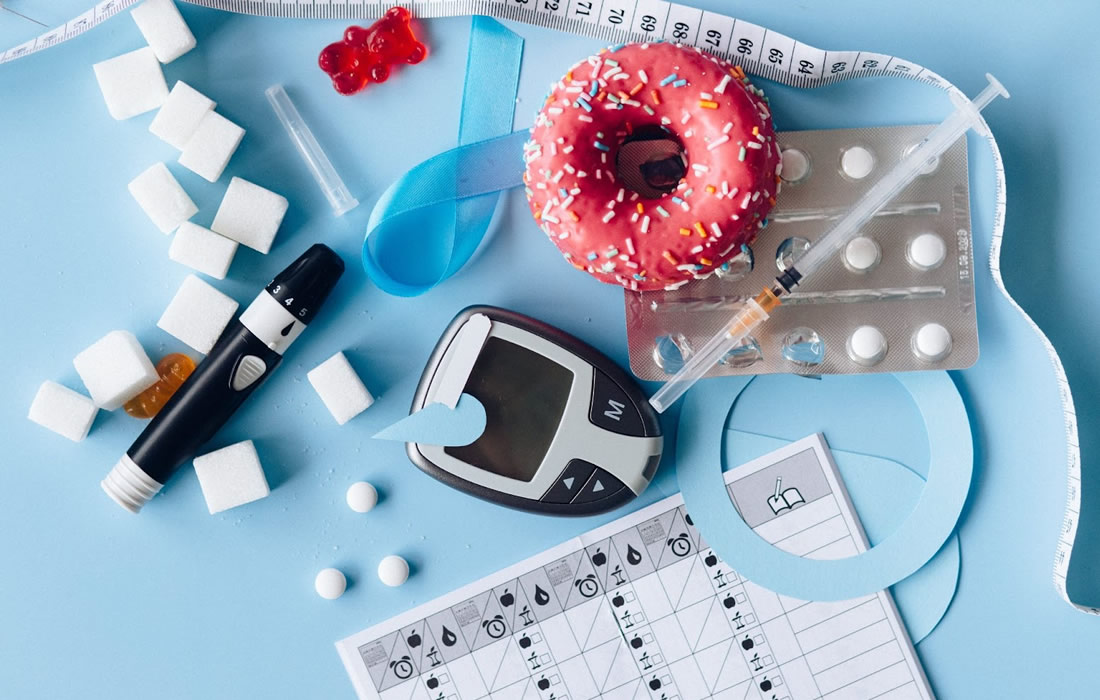Regenerative Medicine News and General Information
New Insights into Novel Diabetes Treatments
A drug currently in clinical trials as a cancer therapy can also stimulate pancreatic beta cells to secrete insulin, revealing a previously unknown mechanism for insulin regulation in type 2 diabetes, according to a new study by Weill Cornell Medicine investigators.
To search for new insulin-regulating mechanisms, Dr. Chen and her colleagues began by testing a library of drugs on cultures of mouse pancreatic beta cells, looking for compounds that stimulated insulin secretion in response to glucose.
The screen identified three compounds that promoted insulin secretion, two of which targeted known insulin-regulating mechanisms in pancreatic beta cells. A third, however, targeted a protein called CHEK2, which is often mutated in cancer but hadn’t previously been associated with glucose metabolism.
With collaborators at two other institutions, the researchers confirmed that the compound increases glucose-mediated insulin secretion in multiple tests on human and non-human pancreatic cells grown in the laboratory, and various mouse models of type 2 diabetes. “That makes the data very exciting, because it’s really consistent from mouse to human islets in vitro, as well as both mouse and nonhuman primate in vivo,” said Dr. Chen.
Probing the mechanism more closely, the team uncovered a previously unknown insulin secretion-regulating molecular pathway that operates in multiple mammalian species. Dr. Chen says the compound they identified in their initial screen, called AZD7762, promises to be a useful tool for exploring other aspects of insulin regulation.
“We not only identified CHEK2 as a potential drug target; we can also use AZD7762 as a chemical probe to find new mechanisms for insulin secretion, and find new targets in the future,” she said.
While AZD7762 is currently in clinical trials as a cancer therapy, it’s unlikely to be directly adapted to a new diabetes treatment. “The safety requirement for cancer therapy and diabetes therapy is completely different,” Dr. Chen said, adding that the side effects of the cancer drug would likely make it unsuitable for long-term use in a chronic condition such as type 2 diabetes. Compounds that affect CHEK2 only in pancreatic beta cells, though, could prove very effective.
“If we can target delivery of the drugs to beta cells without affecting other cells, that could be an interesting approach to probe,” said Dr. Chen.
The project has also laid the groundwork for future drug development. “We built up the foundation for the chemical screening and testing in animal and cell models,” Dr. Chen said. “In the future if we find anything interesting, it can be immediately tested in this pipeline.”
Sources:
Weill Cornell Medicine. “Drug screen points toward novel diabetes treatments.” ScienceDaily. ScienceDaily, 9 November 2023. <www.sciencedaily.com/releases/2023/11/231109121555.htm>.
Materials provided by Weill Cornell Medicine. Note: Content may be edited for style and length.
Images from:
Photo by Nataliya Vaitkevich
https://www.pexels.com/photo/azul-notas-medicina-medida-6942015/

